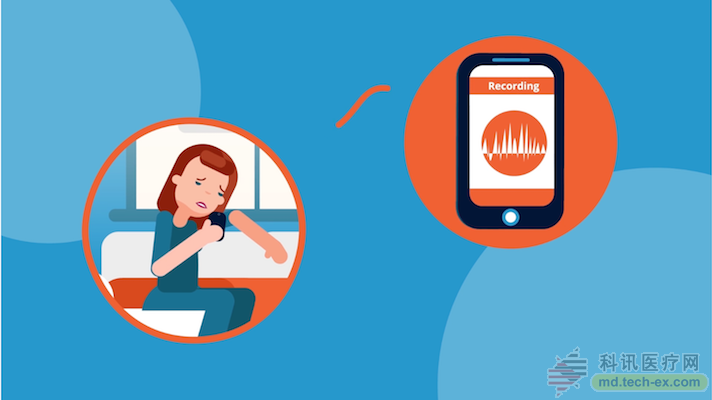Release date: 2016-04-06 Source: Kexun Medical Network Poly-Lok Ligating Clips,Weck Hemoclip Applier,Ligating Clips Use,Polymer Ligation Clips Qingdao DMD Medical Technology Co., LTD , https://www.conston-tech.com
Smartphone App can diagnose respiratory diseases with an accuracy rate of over 89%
A recent study on the smartphone respiratory disease diagnostic app showed a diagnostic accuracy of 89%. The clinical trial included 524 pediatric patients in the Joondalup Health Campus (JHC) and Princess Margaret Hospital (PMH) in Perth, Western Australia.
The ResApp from Perth's company essentially uses the smartphone's microphone as a stethoscope to listen to the patient's breathing. However, ResApp develops machine algorithms to diagnose patients with respiratory diseases, rather than relying solely on the ears of a lifetime to make a diagnosis. The current procedure can diagnose pneumonia, asthma, bronchitis and COPD. In the future, the company hopes to integrate these algorithms into telemedicine products while allowing them to be applied to the clinic.
ResApp released data on this clinical trial in November last year, but fewer patients were included in the data. The company is embarking on a larger trial to verify ResApp's diagnosis of unusual respiratory diseases.
The company's CEO Tony Keating said that the company is very satisfied with the test results. ResApp's overall accuracy rate for lower respiratory diseases, upper respiratory tract infections and healthy people is 89%. In the case of special cases, it is more efficient. For example, the accuracy of identifying croup, viral pneumonia, bronchial pneumonia and upper respiratory tract infection is between 90% and 98%. The diagnostic accuracy of ResApp was 97% in the initial diagnosis of a patient diagnosed with lower respiratory tract disease by clinical tests.
According to reports, ResApp has met with the FDA last month to discuss the company's FDA licensing channel.
Original link: http://mobihealthnews.com/content/study-smartphone-app-listens-
Breathing-determines-respiratory-diseases-89-percent-accurate